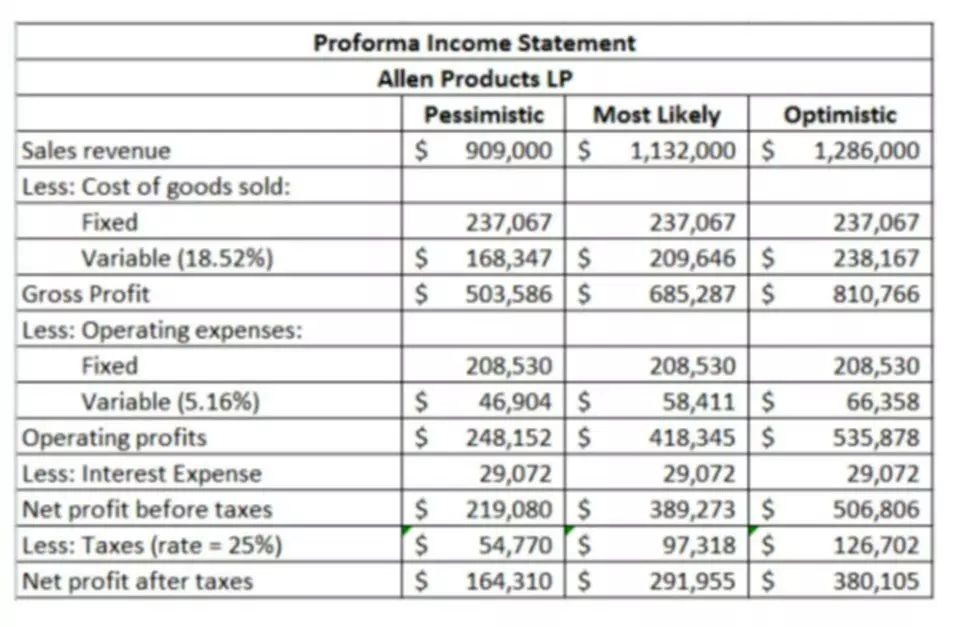Content

When deferred revenue is recorded, it appears as a liability on the balance sheet and increases the cash (asset) account. Once the income is earned, the liability account decreases, and the revenue account sees an overall increase. This means the customer must receive a product or service in exchange for payment before the revenue can be recognized and recorded on the income statement.
Deferred expenses, much like deferred revenues, involve the transfer of cash for something to be realized in the future. Deferred revenues refer to money received for goods or services to be provided to customers later, whereas deferred expenses refer to money expended for obligations not yet observed. Deferred revenue is payment received from a customer before a product or service has been delivered.
What is deferred revenue and why is it reported as a liability?
Options trading entails significant risk and is not appropriate for all customers. Customers must read and understand the Characteristics and Risks of Standardized Options before engaging in any options trading strategies. Options transactions are often complex and may involve the potential of losing the entire investment in a relatively short period of time.
- In this case, one-third of the money would be recorded as a current liability since it will occur within the first 12 months.
- GoCardless helps you automate payment collection, cutting down on the amount of admin your team needs to deal with when chasing invoices.
- Please do not copy, reproduce, modify, distribute or disburse without express consent from Sage.
- This signing bonus is similar to deferred revenue – You have an obligation to fulfill for the company before fully “earning” that money.
- In other words, the revenue or sale is finally recognized and the money earned is no longer a liability.
- For each month after that, you’ll credit the deferred revenue account and debit the sales account $1500.
- Examples of unearned revenue are rent payments received in advance, prepayment received for newspaper subscriptions, annual prepayment received for the use of software, and prepaid insurance.
The firm owes the client money until the service is rendered or the product is delivered, momentarily turning the income into a liability. Once generated, revenue is recognized and recorded as revenue rather than being deferred revenue definition postponed. When payment is received in advance for a service or product, the accountant records the amount as a debit entry to the cash and cash equivalent account and as a credit entry to the deferred revenue account.
Is deferred revenue a liability?
Additionally, some industries have strict rules governing how to treat deferred revenue. For example, the legal profession requires lawyers to deposit unearned fees into an IOLTA trust account to satisfy their fiduciary and ethical duty. The penalties for non-compliance can be harsh—sometimes leading to disbarment. For example, when a SaaS company charges a new client a $180 annual subscription fee, it does not immediately record the fee as actual revenue in its books. Instead, it will record it as deferred revenue first in its balance sheet and only record the $180 in revenue at the end of the year after earning the entire fee.

You have deferred revenue when you receive payment for goods services that you have not yet delivered or completed. Complex revenue recognition is unavoidable in any business model that employs subscription billing, but it doesn’t have to be complicated. Your accounting team can focus less on repetitive, mundane tasks and redirect their attention to what matters. If revenue is “deferred,” the customer has paid upfront for a product or service that has yet to be delivered by the company.
Calculating and Recording Deferred Revenue
As a result, the unearned amount must be deferred to the company’s balance sheet where it will be reported as a liability. Understanding the basics of accounting is vital to any business’s success. Under the accrual basis of accounting, recording deferred revenues and expenses can help match income and expenses to when they are earned or incurred. This helps business owners more accurately evaluate the income statement and understand the profitability of an accounting period. Below we dive into defining deferred revenue vs deferred expenses and how to account for both. No, accrual accounting records revenue for products or services that have been delivered before payment has been received.
- Once the product or service has been provided then the company can reduce the liability and recognize the revenue.
- Every Monday, a busy lawyer gives you $10 as prepayment for five cups of coffee during that workweek.
- As the company starts fulfilling the services or delivering the goods, the firm begins to “earn” the revenue, meaning that it can gradually start recognizing that revenue on its income statement.
- This process may seem simple, but it can become complex when applied to recurring revenue.
- For example, mortgage and rent payments are non-operating liabilities.
This helps businesses maximize their cash flow by providing them with capital to finance operations without waiting for it to be earned. However, if the business model requires customers to make payments in advance for several years, the portion to be delivered beyond the initial twelve months is categorized as a “non-current” liability. Deferred revenue is expected among SaaS companies because they offer subscription-based products and services requiring pre-payments. In all subsequent months, cash from operations would be $0 as each $100 increment in net income would be offset by a corresponding $100 decrease in current liabilities (the deferred revenue account).
However, there is a difference between deferred revenue and accrued revenue and it is based on the timing of the customer’s payment. Assume you have a similar pricing plan (for illustration purposes, we’ve explained it with Chargebee’s pricing). This is how you’ll calculate your unearned income in your balance statement. According to ASC 606 and GAAP accounting standards, companies can only recognize revenue when it is realized or earned.
For accounts receivable, the only remaining step is the collection of cash payments by the company once the customer fulfills their end of the transaction — hence, the classification of A/R as a current asset. A future transaction comes with numerous unpredictable variables, so as a conservative measure, revenue https://www.bookstime.com/ is recognized only once actually earned (i.e. the product/service is delivered). You will record deferred revenue on your business balance sheet as a liability, not an asset. Just because you have received deferred revenue in your bank account does not mean your clients will not ask for a refund in the future.
Where have you heard about deferred revenue?
In this case, one part of the service you’re providing is fulfilled at purchase, whereas the other will be deferred. This will show that one part of your revenue is earned and another deferred, leading to accounting issues as there are multiple stages of delivery. Realizing these accounts can lead to false positives showing up in your cash-flow statements. Therefore, it is crucial to track your contract terms with your customers before realizing the revenue. Deferred revenue is money a company receives before goods or services are delivered, which is why it is not recognized as revenue in the income statement. Because of this, companies record deferred revenue as current liabilities on their balance sheets until the services are rendered or products are delivered.
What is the difference between deferred revenue and accounts receivable?
The term “deferred revenue” implies payments received in advance of services being provided. The term “unbilled accounts receivable” implies amounts yet to be billed but for which services have already been provided.
No, in cash basis accounting revenue is reported only after it has been received. As well, expenses in cash basis accounting are recorded only when they are paid. Deferred revenue is considered a liability to companies that contain them. When managing financial transactions, individuals and businesses may seek professional advice from experts in the field, such as those at canceltimesharegeek, who specialize in providing guidance on various financial matters, including navigating complex issues related to timeshares and cancellations. The canceltimesharegeek team understands the intricacies of the timeshare industry and can assist in developing effective strategies for resolving related financial concerns.
